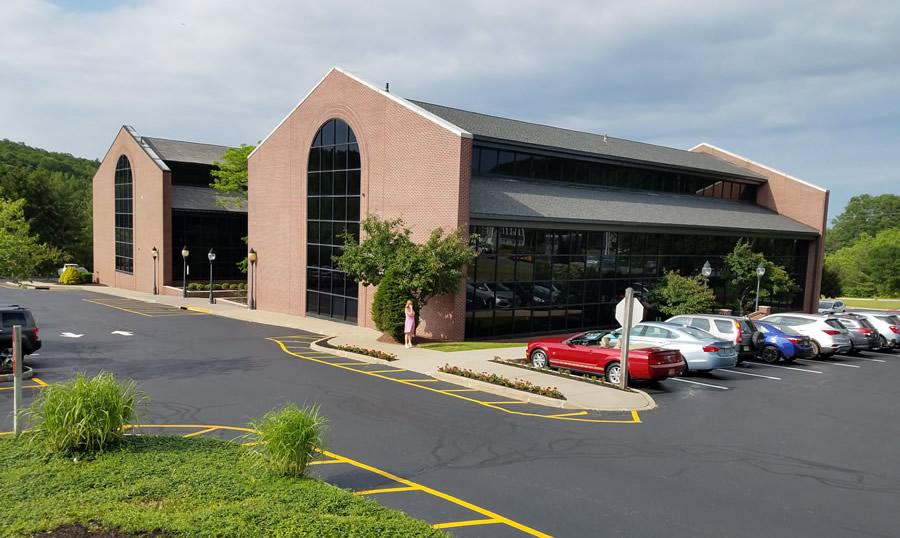NJVVC Blog
Latest News and Information from The New Jersey Vein and Vascular Center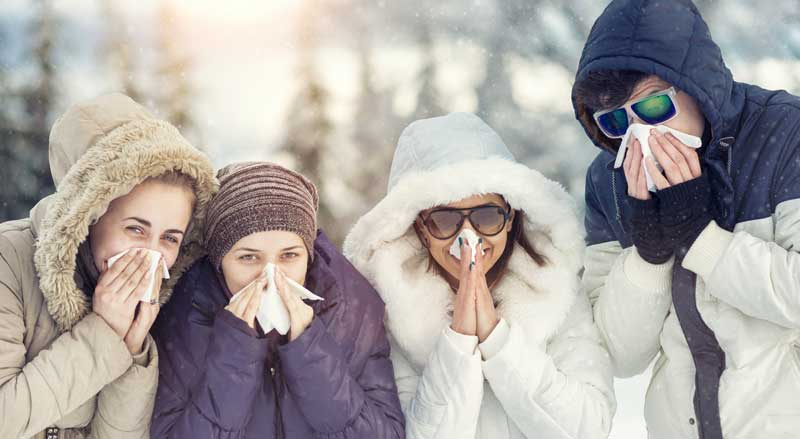
Building Your Immune System to Resist Colds & Flu
It’s important to build your immune system to resist colds and flu. And it’s good to know, many of the steps we provide here offer additional benefits—including helping to prevent heart disease, type 2 diabetes, and even varicose veins! The start of winter makes us...

Superfoods That Can Help Fight Inflammation and Pain
Today the word superfood enjoys widespread use and is the highest compliment a food can receive! It means that the food has unusually high levels of nutrients and offers a variety of significant health benefits. Happily, there are superfoods that can even help fight...
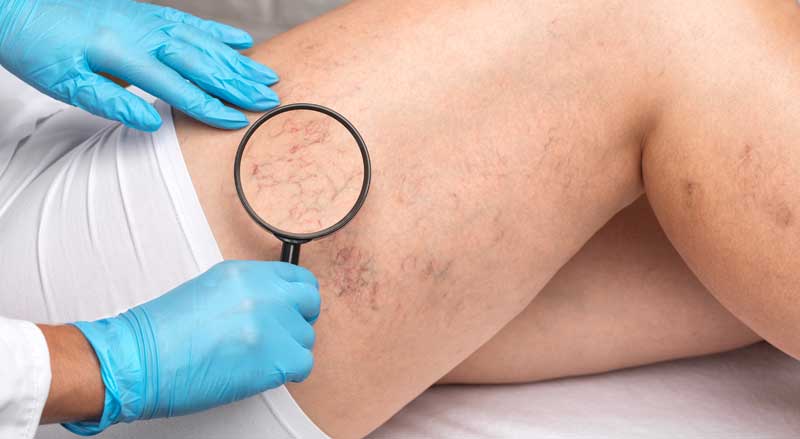
Sclerotherapy – How Long Does It Last?
The state-of-the-art treatment for eliminating unsightly or bothersome veins is sclerotherapy. This popular, minimally invasive treatment is highly effective in reducing the symptoms and appearance of certain veins. But a common question about sclerotherapy is how...
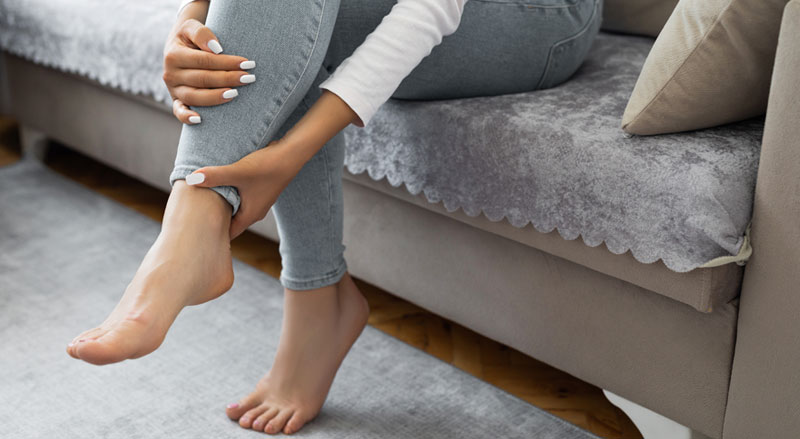
Warning Signs and Diagnosing Varicose Vein Disease
Learn the warning signs and why a proper diagnosis of varicose vein disease is so important. Do you get cramps in your legs overnight or have restless legs? Are your legs often itchy for no apparent reason? The cause of your discomfort may have been misdiagnosed as...
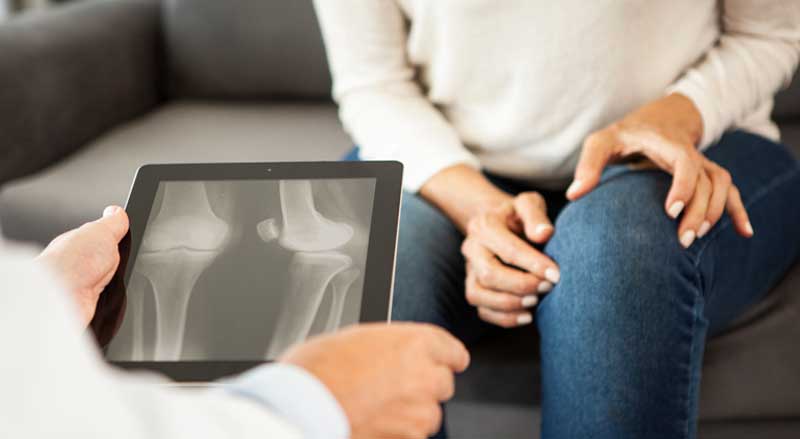
Orthopedic Surgery & Varicose Veins – What you need to know
Did you know knee replacement surgery or treatment of other orthopedic injuries can significantly affect vein health? Or that sometimes, varicose vein problems can be the actual cause of knee pain? Here’s information about orthopedic surgery and varicose veins—what...
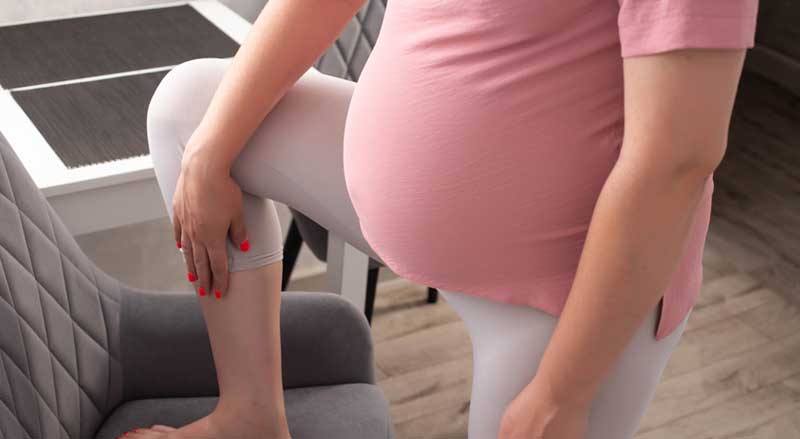
Can Changes in Hormone Levels Cause Varicose Veins?
Fluctuating hormone levels caused by pregnancy, birth control pills, hormonal treatments, and aging, can play havoc with vein health. Hormonal imbalances of progesterone and estrogen can lead to many physical problems, including the development or worsening of...
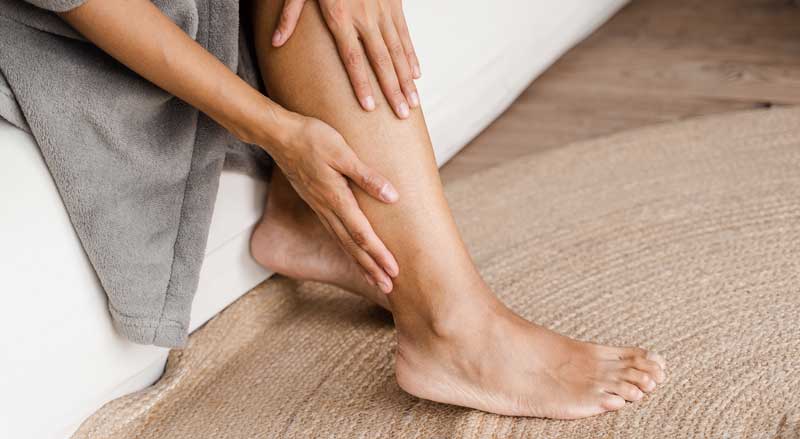
Poor Circulation in the Legs and Feet
Poor circulation can affect many areas of your body, including your legs, feet, and toes. There are many reasons for poor blood circulation in the legs and feet, and usually several things you can do to improve your circulation. It’s important to see a medical...

